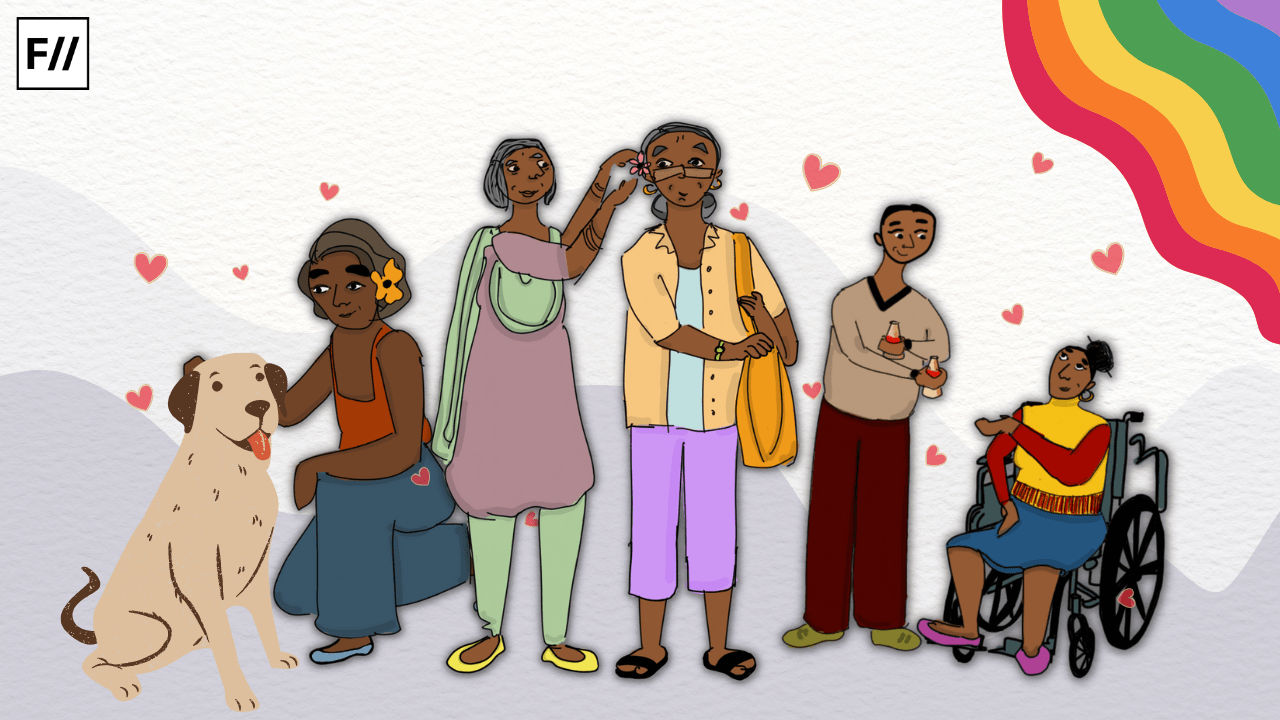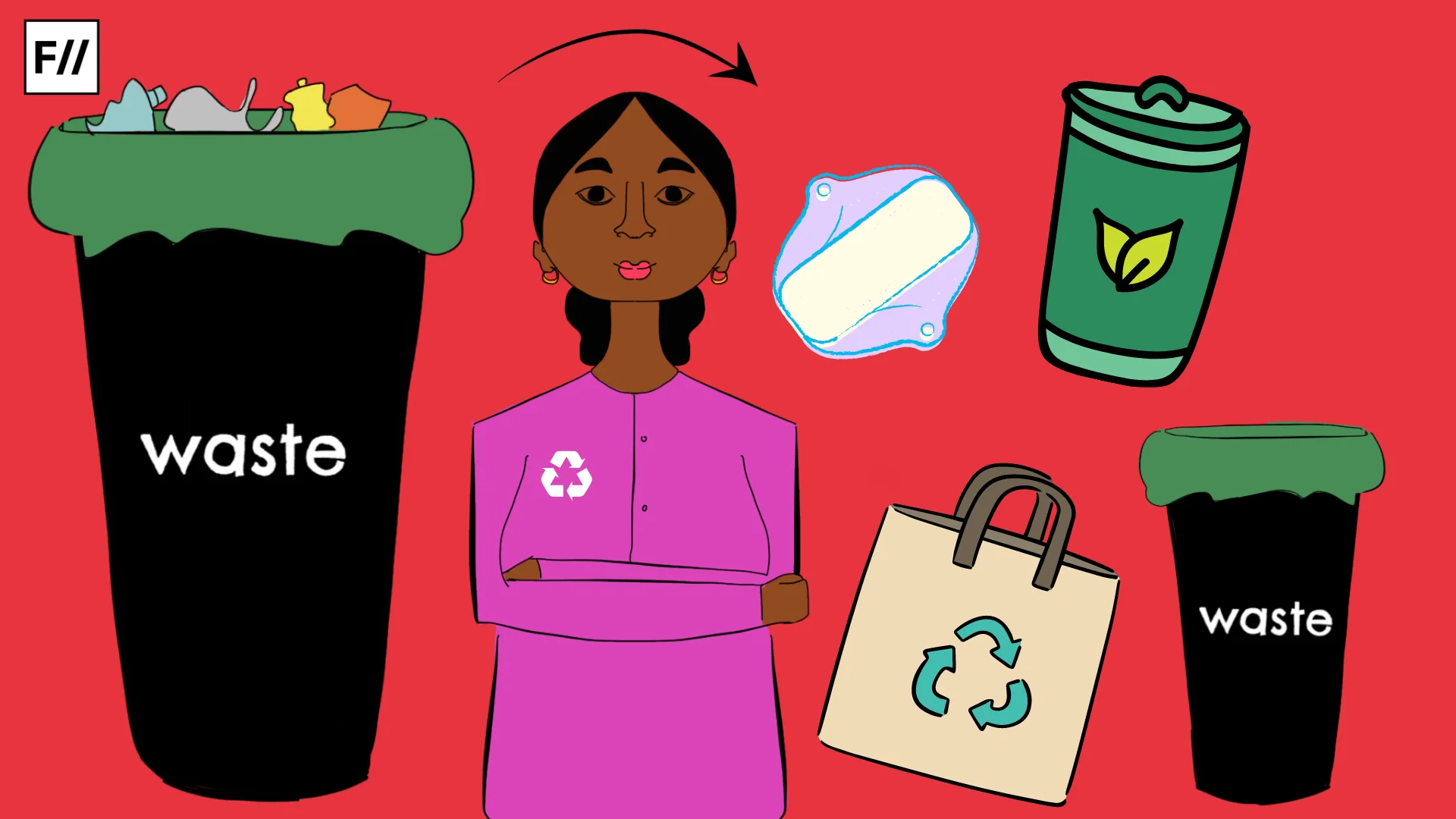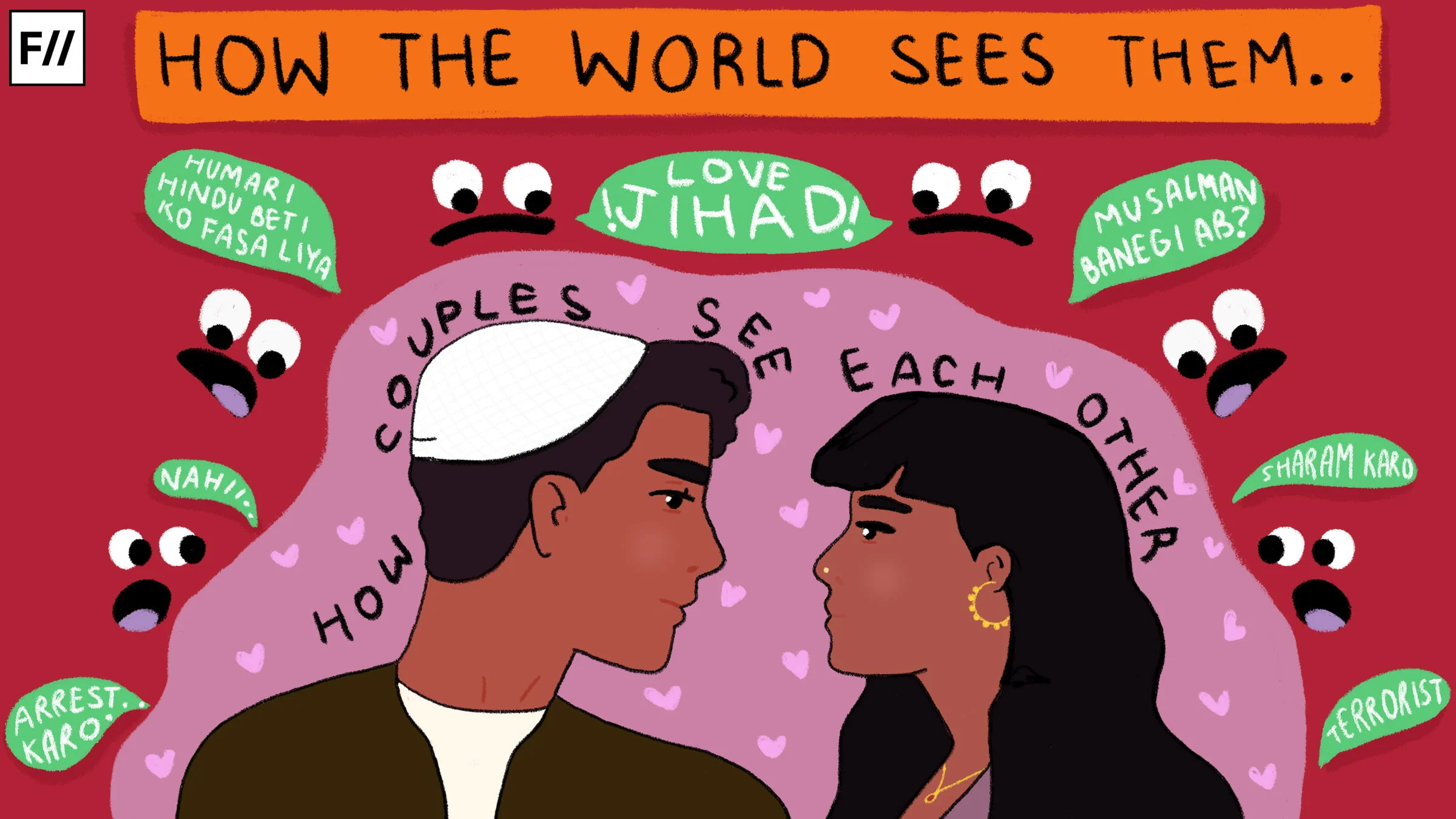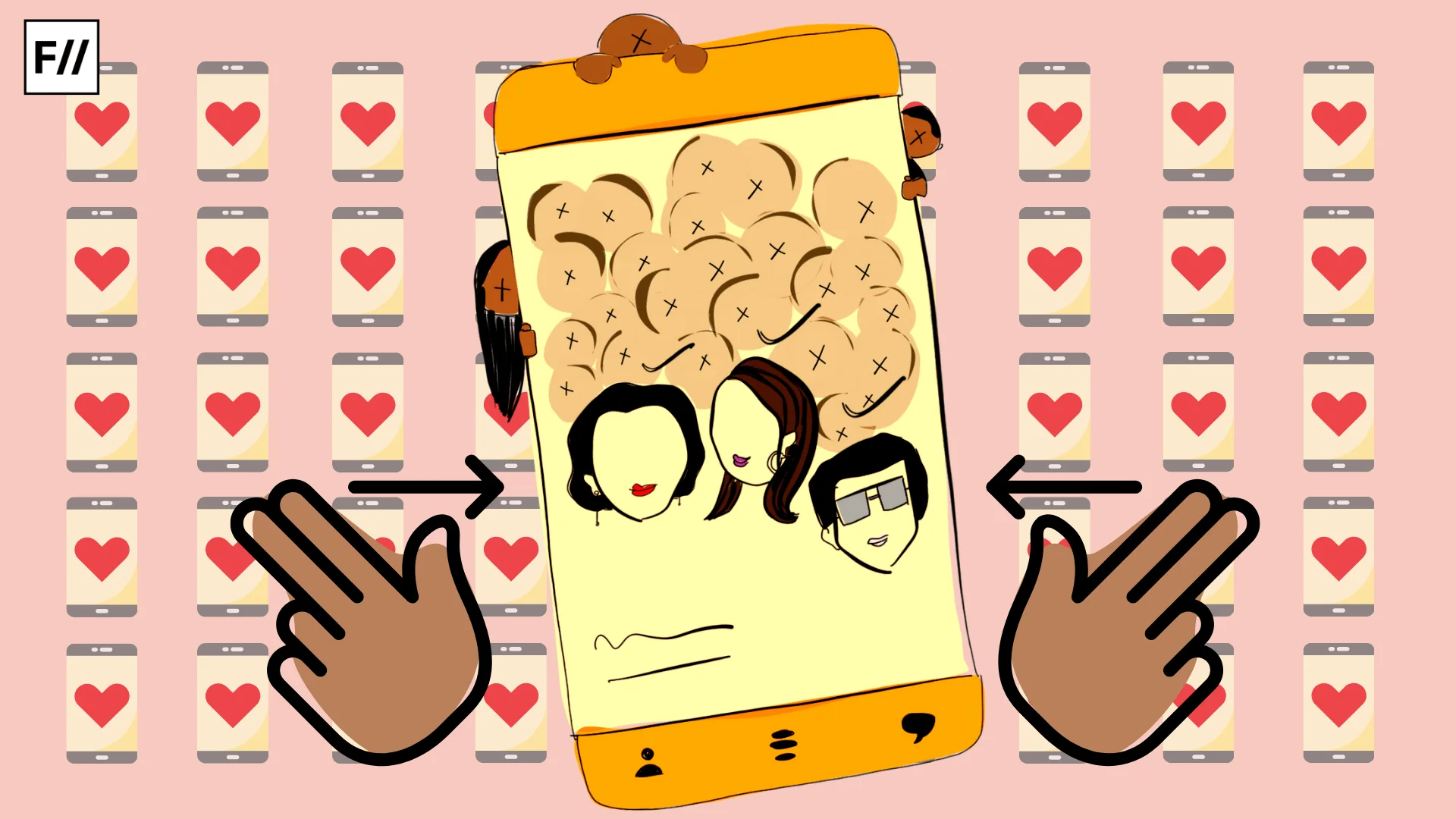The concept of a “chosen family” bears many different meanings to different people. One need not lack a biological or legal signing to join one, they don’t necessarily have to be queer, and in practice, they can look like or be almost anything.
What is a chosen family?
Chosen families are formally defined as “nonbiological kinship bonds, whether legally recognized or not, deliberately chosen for the purpose of mutual support and love.”
Chosen families challenge the notion that family must be defined by blood ties or marriage and allow queer people to create their own definitions of family and relationships. For the LGBTQIA+ community in particular, chosen families are important because they allow queer people to reclaim their history, and identity and create a sense of belonging that is missing from mainstream culture.

Finding strength, comfort and solidarity – biological relationship no bar
A person can choose to associate togetherness with individuals who are not related by blood or marriage but who share a close bond and provide emotional, social, and sometimes financial support to each other. They may include friends, mentors, partners, and allies who accept and affirm the LGBTQ+ youth’s identity and provide a safe space for them to be themselves.

Why are chosen families important for queer youth?
Chosen families provide a sense of belonging and support that may not always come from native families or traditional social networks. LGBTQIA+ individuals, particularly, face an overwhelming amount of hostility, rejection, discrimination, and abuse from biological families and communities on the grounds of expressing or asserting their identity.
From ballroom cultures towards the West to Hijra gharanas in India, the idea of creating safe spaces and taking care of one another beyond romantic or sexual attraction has existed among queer people, especially transgender folks for centuries. It reinforces non-biological forms of kinship as a form of resistance against the heteronormative and cisnormative structures of society.

Addressing mental health concerns and ‘safe spaces‘
In the face of rejection from one’s biological family or friends, chosen families can provide a safe space for empowerment and agency for queer people. By creating their own families, they are able to assert their autonomy and choose who they want to be in their lives. This can be particularly important for those who may feel marginalized or powerless in other areas of their lives.
The rejection, discrimination, and violence that queer people face from their native families lead to isolation and mental health issues. In the absence of queer-affirming spaces, chosen families can offer guidance, advice, and resources to help queer youth navigate the challenges they face, such as coming out, finding healthcare providers, and dealing with discrimination.

Challenging stigmatised notions in a heteronormative society
Chosen families are a great source of political power and solidarity for queer people. When queer people come together and support each other, they can create change in their communities and fight for their rights.
For instance, chosen families have played a crucial role in the fight for marriage equality and adoption rights, highlighting that these are as valid and important as heterosexual families, and should enjoy legal rights in the country.

Legal recognition of chosen families and marriage equality
The Indian legal system predominantly recognises ‘family’ solely on the basis of marriage, blood, or adoption. As Economic and Political weekly notes, the Transgender Persons (Protection of Rights) Bill, 2019 and the Surrogacy Regulation Bill, 2019 reinforce the idea of family as a patriarchal, heterosexual, and casteist institution and fail to account for other models of “chosen families” and intimacies that co-exist in the country.

In the recent Supreme Court hearing of a batch of petitions seeking marriage equality, one of the lawyers representing a transgender person pointed out that not all natal families are as accepting and people should have the legal right to choose their own families.
Chosen families can offer a sense of connection, acceptance, and support that can be crucial for the well-being and resilience of people.

Connecting with chosen family members who understand and validate mental health concerns, and identity crises and build a safe space to openly share one’s thoughts and emotions can make all the difference!
About the author(s)
Aishwaryaa is a content producer with a passion for storytelling. She is a keen explorer of digital media and learner of feminism, seeking to drive change and social impact through her work. Her interests lie in culture, gender, and human interest stories. You can find her on Twitter, Instagram and LinkedIn.




